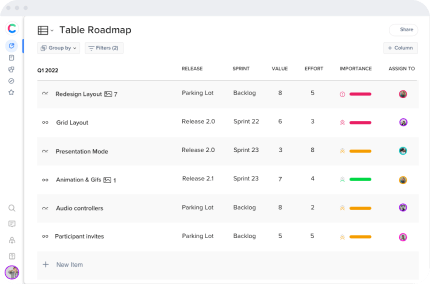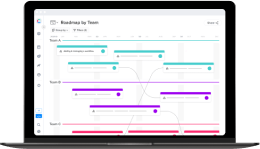What are website metrics?
Website metrics are some or all of the information gleaned from your website activity. These figures can be related to traffic figures, audience demographics, user-specific actions, etc. Metrics are critical to your website’s success since they can reveal where particular issues may arise.
Several measurements are taken on the site in question to track and analyze the performance and statistics properly.
Metrics are the numerical representations of various variables associated with a website. It is critical to keep track of these data since they can often reveal information that would otherwise be overlooked.
The Importance of Website Metrics
Metrics aid in the measurement and tracking of a website’s performance. You can prepare for future improvements and opportunities if you know how it now performs.
Furthermore, Metrics allow you to track and measure a website’s performance. You can prepare for future improvements and possibilities by knowing how it now performs.
Tracking and measuring your website’s metrics does more for it than merely reassuring you. If website analytics are tracked and acted upon correctly, they will:
● Contribute to determining the direction
● Create a focal point for your efforts.
● Contribute to the making of decisions, whether primary or small.
● Provide Real-time information.
As previously said, the following are just a few advantages to tracking website analytics. These are susceptible to alteration depending on your website’s aim and the direction you wish to take it.
As long as the metric is clearly defined, easy to assess, and geared toward improving the website, it will be of significant benefit to you and your business.
Types Of Website Metrics
1. Website Visits
2. Traffic Sources
3. Page Loading Times
4. Impressions and Clicks from Search Engines
5. Conversions to Goals
6. Most Popular Pages
How to Use Website Metrics
Website analytics may appear difficult to understand, but they are rather basic. Let us look at some real-world examples of website metrics that you can track and measure to help make things a little clearer.
Number of Visitors
The number of visitors to a website is arguably the most commonly used website metric. Anyone who has a website, regardless of the context in which it is used, can benefit from knowing how many people are accessing their site.
The volume of traffic is an excellent indicator of success. If you notice a significant increase in website traffic following the publication of a blog article, you can likely profit from more content of this nature.
Without tracking and measuring your visitor traffic, you’ll never know what’s happening.
Sources of Traffic
It is just as important to track how many people are visiting your site to keep track of where they are coming from.
Monitoring traffic sources can help you precisely observe how people arrive at your website, whether through search engine results, a link from another website, or some other method.
Popular Pages
If you run a blog or have many landing pages, it’s critical to understand which piece of content generates the most pageviews for you.
Everything on a page has the potential to influence traffic in either a positive or negative way. Knowing which pages are bringing in the most traffic allows you to effectively optimize all of the other, lower-performing pages on your site.
Visit Duration (Length of time people spend on a website before leaving it)
The bounce rate refers to the number of individuals who visit it, then immediately leave by clicking away or closing their browser.
Because this is a problem, indicating that individuals are not finding what they seek. Like the bounce rate of your website decreases, the number of individuals who discover your website to be valuable increases.
The Conversion Rate (the percentage of people who buy something)
If your website’s goal is to sell something, knowing how many people click on it and then complete a purchase is critical. The conversion rate is the percentage of visitors who complete a purchase after arriving on your website.
You can track and measure a variety of website metrics, and these are just a few of the more significant examples. There are a plethora of other factors to consider.


